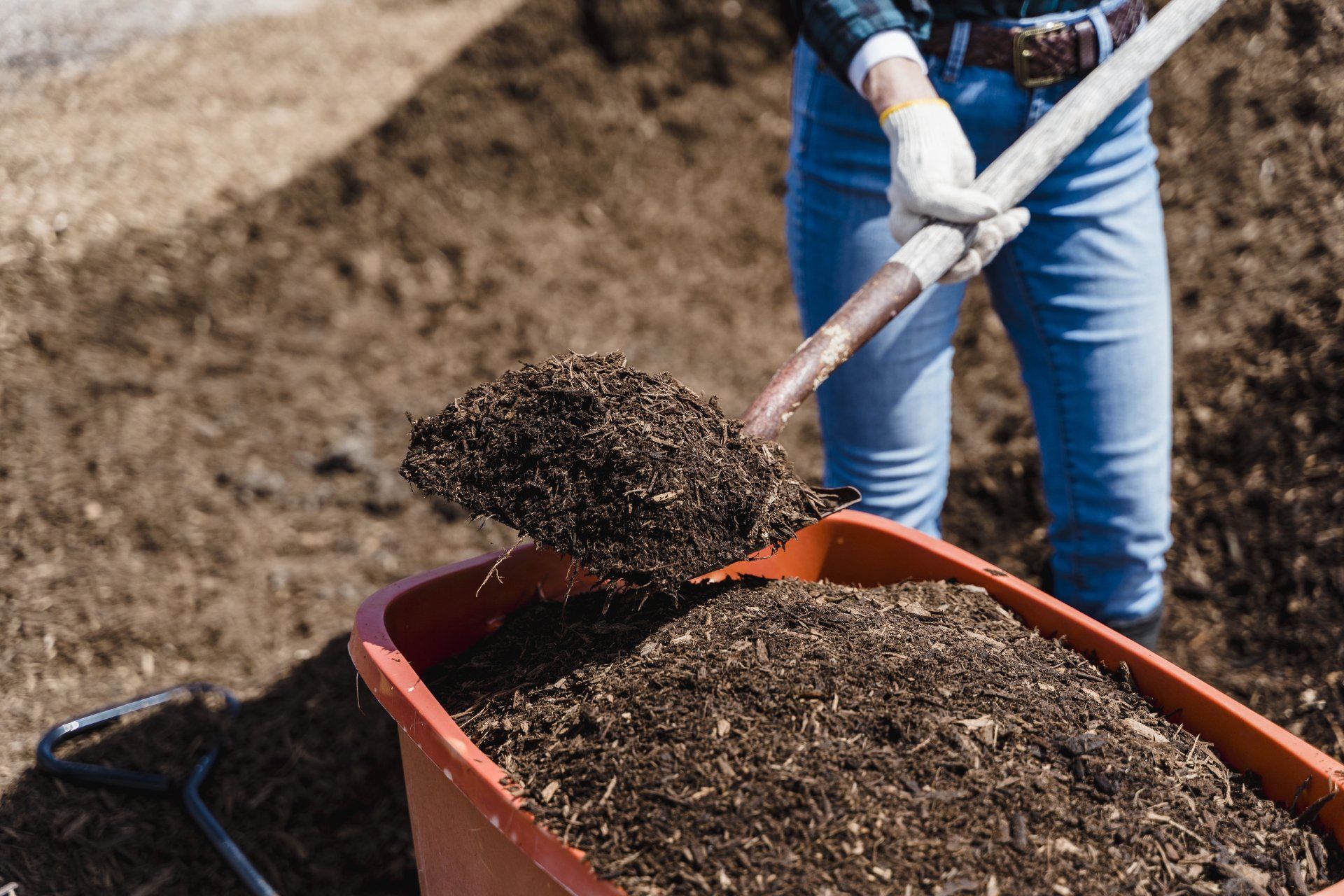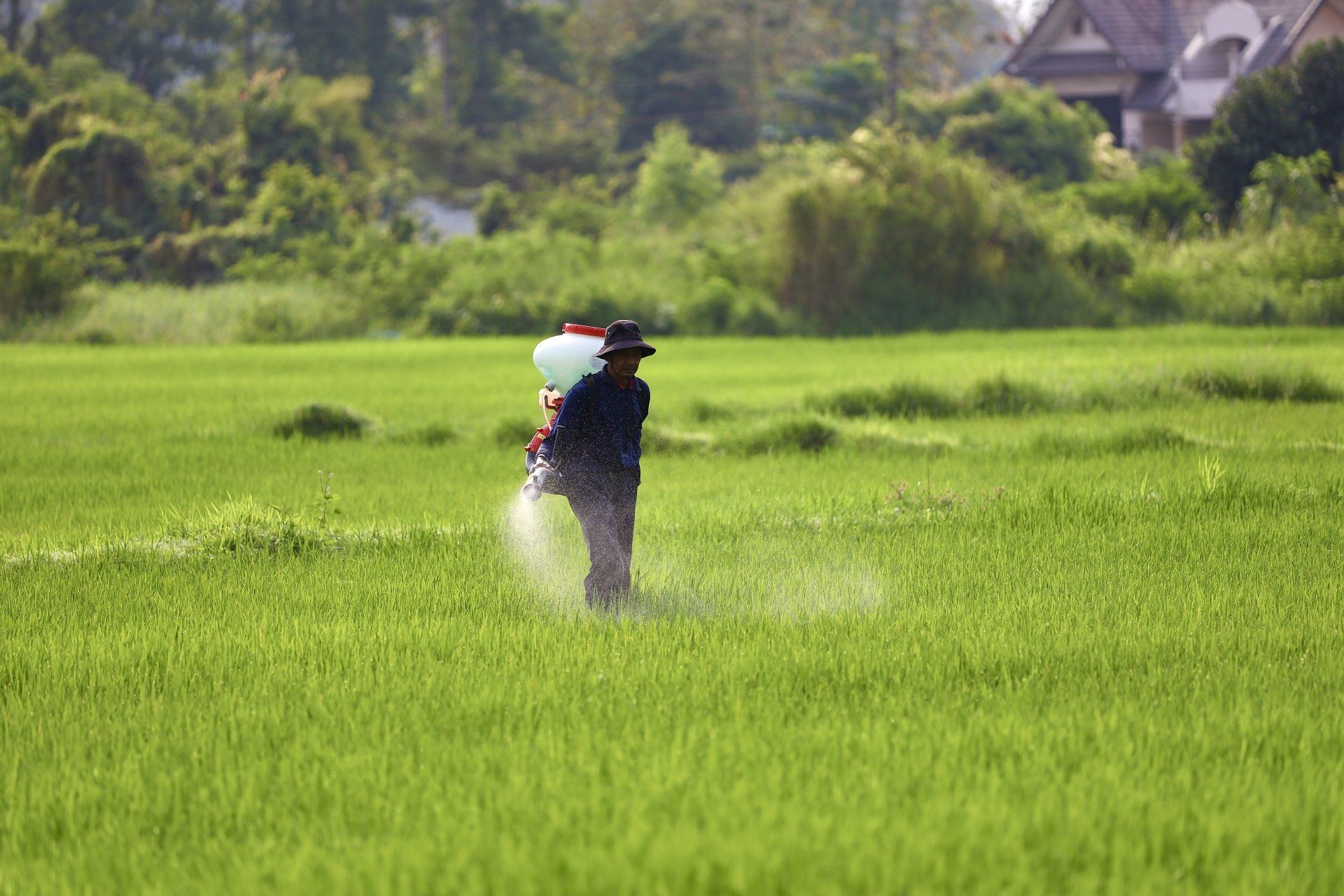In this article, I'll cover how to determine what fertilizer you need for your lawn, as well as the different types of fertilizers to choose from.
Grass Fertilizing Basics
To fertilize, or not to fertilize...
Well, sort of. Almost all grass needs fertilizing. But it can be done naturally, or deliberately. The intended purpose of your lawn is what will determine whether or not to fertilize, how often, what type of fertilizer, and when to fertilize. Do you want a gorgeous showcase lawn out front? Or is the grass just a preferred ground covering instead of dirt, weeds or rocks? Are you a business owner who needs the grass to improve the professional look around your building? Or, perhaps the grass is growing wildly out back, and you want to preserve the natural beauty of it. First, determine what the purpose is, and then you can figure out the rest.
Showcase Lawns:
Let me just start with saying beauty takes time, money and energy. If you want it gorgeous, be prepared to put out. There's watering, fertilizing, aerating, thatching, weeding, and more. As far as fertilizers, the easiest for lawns is synthetic granules. They can be bought as slow release, so you don't have to do it so often. There are also liquid forms, as long as it won't rain soon... They can also include substances to help with crab grass, rodents, grubs, etc. You will need to check the USDA hardiness zones to see when to fertilize, and what grasses are best for the area you live in. Also, you'll need to be aware of nutrient components. All fertilizers have an N-P-K number (nutrients Nitrogen, Phosphorus & Potassium, listed as 602-900-9744 or similar). Different nutrients are used depending on pH of soil, location of your lawn (Midwest vs Southwest), type of grass seed, or if you are using synthetic or organic fertilizer. You might invest in doing a soil test, or buying a tester. That way you aren't guessing what nutrients you need. Generally speaking, nitrogen gives the beautiful green color; phosphorus helps the roots to develop; potassium is the food.
Ground Covering: OK, so you probably just mow it occasionally and want it to last. No fuss. You should still throw some fertilizer on it at least once a year in the spring. And water it weekly.
Professional Coverage: This would be either close to a showcase lawn, depending on how fancy your biz is, or somewhat less. Fertilize 2x per year, minimum.
Wild Natural Grass: Let the horses and dogs do the work here.
Types of fertilizer:
*Synthetic-
There are many brands, and nope, I'm not gonna list any. Yes, these ingredients are chemicals. Nothing natural about them. These are just easier, faster, cheaper, and usually also kill off weeds, rodents, prevent diseases, etc. The run off can get into lakes, promoting algae, or affect our water supply - not good. Long term use will eventually ruin your soil. You might consider a hybrid version, or just do a hybrid on your own, as these synthetics don't improve the soil at all.
*Compost-
usually a broken down version of wood, table scraps, branches/leaves/plants, manure (gross), and the like. It takes a while to produce compost, or you can but it locally. It's not good to use on established lawns. It's perfect for building up the soil prior to planting, though.
*Mulch-
Similar to compost, but contains a lot more wood or bigger organic materials chopped or broken roughly (different types of wood, leaves, hay, grass from your previous mowings, etc). It's used frequently in gardens to prevent water evaporation, which doesn't work so well for lawns.
*Organic-
Best for kids, pets, soil, and sometimes even grass! It's much safer for lawns because you are less likely to burn the grass from doing too much. The downside is you usually have to do it more often. These can come in a variety of forms from a homemade manure slushy (yup, it's exactly what you think it is), to commercially prepared products like seaweed solutions, bone or kelp meal, or maybe compost if you don't do too much and be sure to rake it down into the soil. They don't prevent weeds, but my Mom just pulled them, organically, by hand :)

Whatever route you choose to go, remember, while having a lawn specific for your purposes is a great goal to go after. However, don't let it consume you more than you are able to enjoy it.



